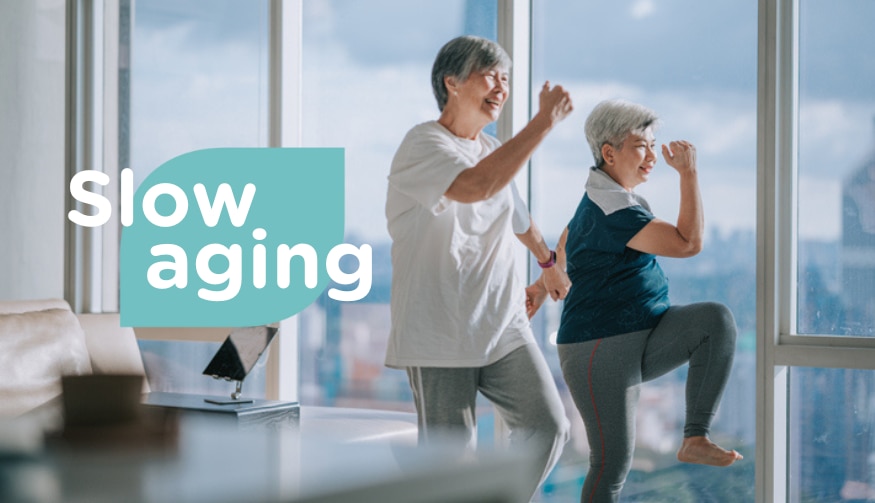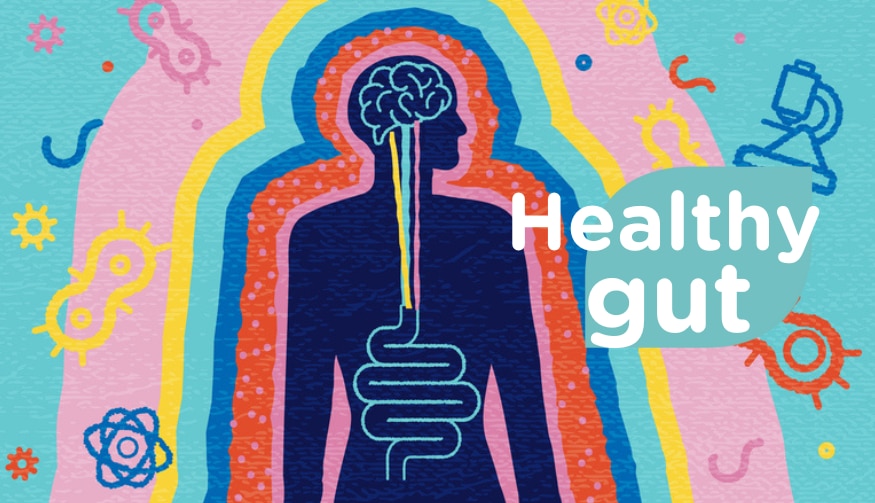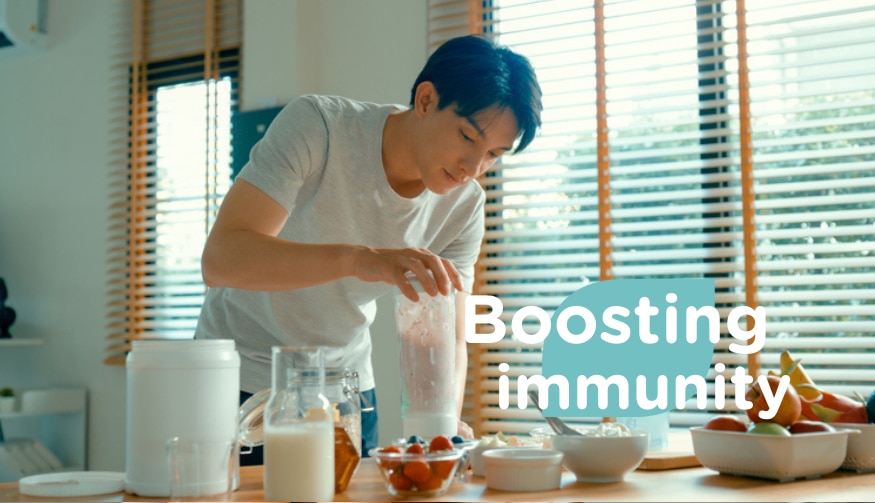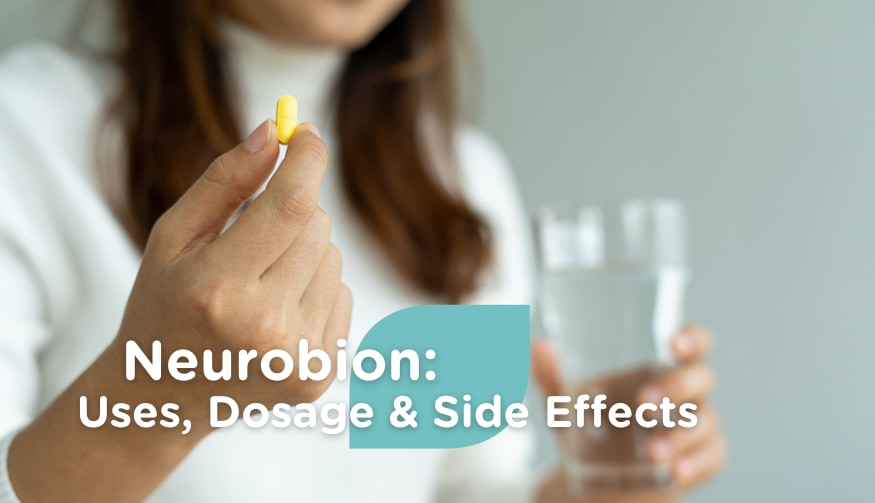For years, the anti-aging industry has been focused on superficial quick fixes – expensive creams, injections and procedures that simply aim to reduce the appearance of wrinkles and other signs of getting older. But a paradigm shift is happening as we move towards a more holistic approach to aging well. It’s time to stop merely being “anti-aging” and start focusing on the bigger picture of “slow aging” for longevity.
What is slow aging?

At its core, slow aging is about creating a low-inflammation, low-oxidative stress internal environment. Chronic inflammation and oxidative stress cause cumulative damage over time that accelerates biological aging and increases risk for diseases like cancer, heart disease, and dementia.
So, what does a slow aging lifestyle look like?
The shift towards a slow aging mindset means moving beyond chasing anti-aging quick fixes and fads to cultivating long-term sustainable habits that optimize cellular rejuvenation and longevity. It’s about adding “life to your years, not just years to your life” by staying active, vital and healthy as you age.

Here are some tips on how to slow aging:
Nutrition
Focus on an anti-inflammatory diet rich in antioxidants, healthy fats, fiber, and phytonutrients. Emphasize colorful fruits and vegetables, fatty fish, nuts, seeds, olive oil and spices like turmeric. Avoid processed foods, sugar, refined carbs and charred meats that can promote inflammation.
Exercise
Both cardiovascular exercise and strength training are important for slow aging. Cardio improves circulation, while strength training builds muscle mass which naturally declines with age. Make sure to include balance, flexibility and mobility work too.
Sleep
Aim for 7-9 hours per night of high-quality sleep. Sleep is critical for cellular repair and regeneration. Create a cool, dark, quiet environment and avoid blue light exposure before bed.
Stress Management
Chronic stress accelerates aging, so make stress relief a priority. Try practices like meditation, yoga, deep breathing, journaling and spending time in nature.
Supplementation
Certain supplements may help slow aging by reducing inflammation and oxidative stress. Top ones include curcumin, omega-3s, reservatrol and NMN or NR for NAD+ repletion.
Other Lifestyle Factors
Don’t smoke, limit alcohol, nurture social connections, engage in cognitive stimulation, get sun exposure and consider intermittent fasting.
It’s never too early or too late to start prioritizing a slow aging lifestyle. While you can’t completely stop the aging process, you can significantly influence how you age by minimizing biological aging on the inside while still looking and feeling your best on the outside as you get older.
*Disclaimer: please consult your physician for personalized medical advice. Always seek the advice of a physician or other qualified healthcare provider with any questions regarding a medical condition












